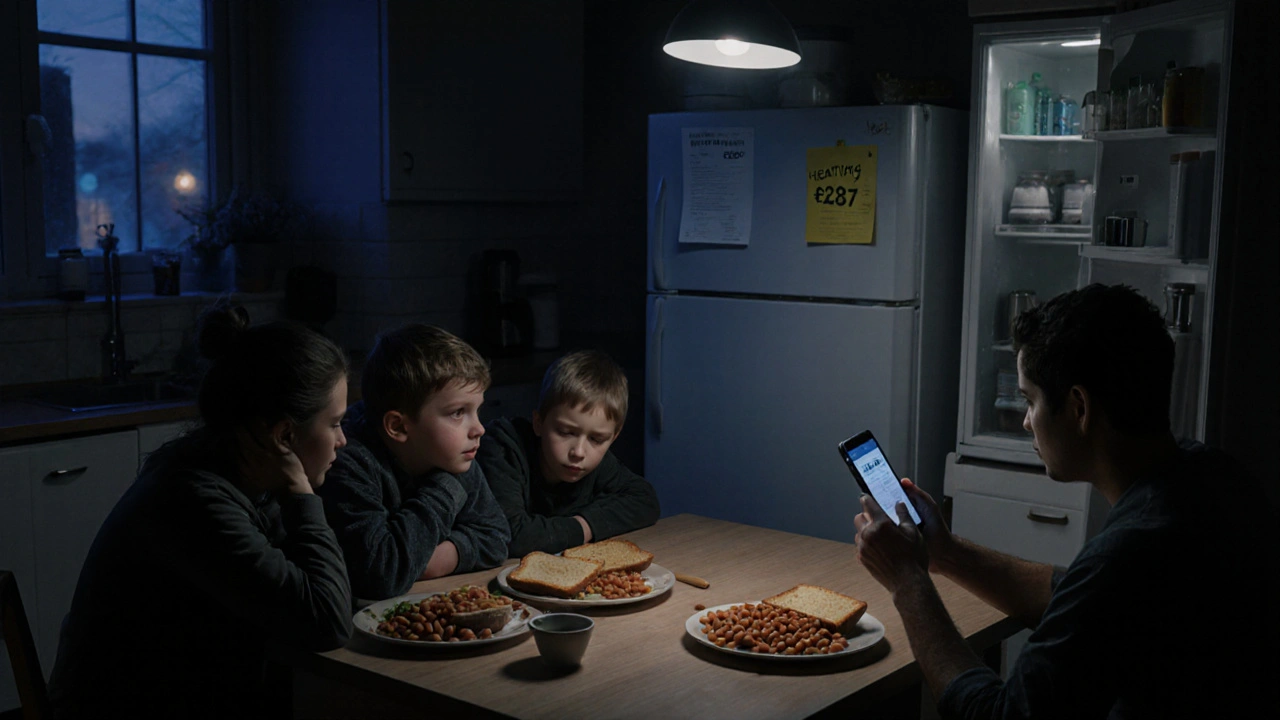UK public services: What’s really happening with NHS, transport, and welfare
When we talk about UK public services, the systems funded by taxes to keep society running—from healthcare and transport to housing and welfare. It’s not just about budgets—it’s about whether your mum can see a doctor, your kid can get a school place, or your neighbour can afford to stay off the streets. These aren’t abstract policies. They’re the quiet, daily backbone of life in Britain—and right now, they’re fraying.
NHS, the National Health Service, is the largest public service in the UK, funded by taxpayers and free at the point of use. But right now, it’s drowning. Over 7 million people are waiting for treatment. Nurses are quitting. A&E departments are shutting beds. The system wasn’t designed for an aging population, staff shortages, and years of underfunding. This isn’t a future warning—it’s today’s reality. And it’s not just hospitals. social housing, government-built homes rented at below-market rates to low-income families. It’s vanished. Since 2010, over 1.2 million social homes have been sold off or lost to demolition. Meanwhile, rent prices have shot up, and benefits haven’t kept pace. That’s why thousands sleep in tents, hostels, or cars—not because they’re lazy, but because the system stopped working.
public transport London, the network of Tube lines, buses, and trains that move millions every day. It’s unreliable. Delays are normal. Fares keep rising. The Northern Line shutdowns, the signal failures, the bus routes cut in outer boroughs—these aren’t accidents. They’re symptoms of years of underinvestment and privatized fragments that don’t talk to each other. And when your bus doesn’t come, your job goes. When your train’s canceled, your child misses school. Meanwhile, benefit cuts, reductions in state support like Universal Credit, housing benefit, or disability payments. They’ve pushed families into food banks. They’ve forced people to choose between heating and eating. The government says it’s about saving money. The people on the ground say it’s about survival.
These aren’t separate issues. They’re connected. A sick person can’t work because the NHS can’t treat them fast enough. They lose income, can’t pay rent, and end up homeless. Their child misses school because the bus doesn’t run. The system doesn’t just fail—it cascades.
What you’ll find below aren’t just headlines. They’re real stories from people living this. The nurse who works three jobs. The family waiting 18 months for a specialist. The single parent who walks 90 minutes because the last bus was canceled. This is what UK public services look like when they’re stretched thin—and what happens when no one’s listening.
Is UK quality of life declining? Here's what the data shows
UK quality of life is declining as real incomes fall, public services crumble, and housing becomes unaffordable. Data shows worsening health access, rising inequality, and mass emigration among young adults.
